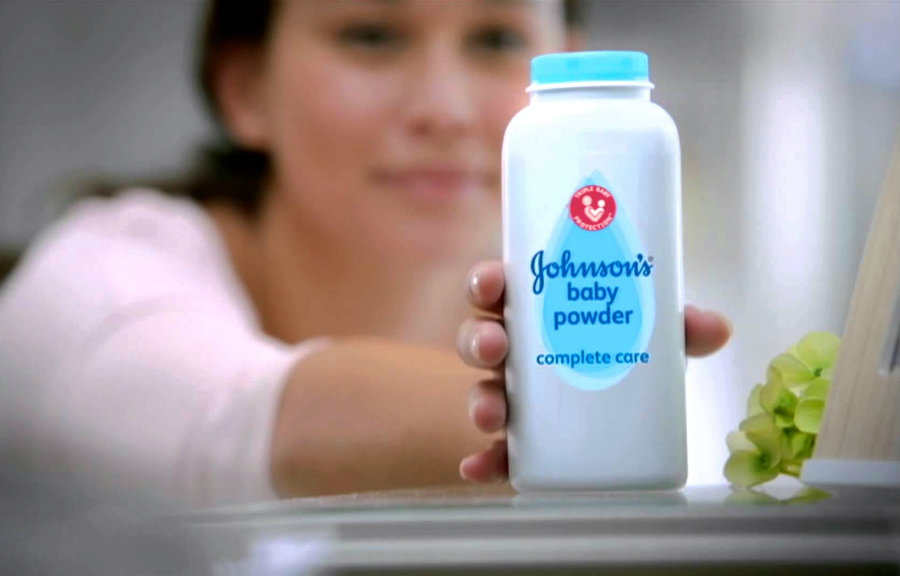Deborah Giannecchini sued Johnson & Johnson claiming that her ovarian cancer was occasioned for using the company’s baby powder for years.
Johnson & Johnson have not admitted that their baby powder can be considered harmful, although they claim to “sympathize” with women affected by ovarian cancer, as spokeswoman Carol Goodrich stated it. She also revealed the company’s intentions of appealing the verdict.

Does baby powder cause cancer?
Existing studies trying to link talcum powder and ovarian cancer have not been conclusive. The American Cancer Society claims that there is not enough evidence to suggest that the use of talcum powder causes ovarian cancer.
The occurrence of ovarian cancer is also determined by age, estrogen levels, obesity, and family history of cancer. Although some organizations such as the International Agency for Research on Cancer label talc as “possibly carcinogenic,” government institutions have not evaluated the incidence of baby powder in the development of ovarian cancer.
Giannecchini’s lawsuit took place in California, but similar cases appeared in St. Louis and New Jersey, where in the latter the judge decided that there was not enough evidence to link talcum powder and ovarian cancer. The St. Louis jury ordered the company to pay $72m in damages to Jackie Fox, who claims that Johnson & Johnson does not warn its customers about the dangers of using talcum powder. Another case occurred in Alabama after a woman died of ovarian cancer, and another in South Dakota where the woman survived. The court ordered $72m and $55m settlements respectively.
Dozens of women are suing for the same claims, each case worth at least $50m, causing tremendous losses for the personal hygiene company.
The St. Louis-based Onder Law Firm suggests that talcum powder was linked to ovarian cancer in the 1970s, claiming that 4 out of 10 women who applied the product on their genital area were more likely to develop ovarian cancer.
Talc is one of the softest minerals. It is immensely used in personal care, paint, and cosmetics as it helps absorb moisture. Although research has not been conclusive, it does not mean that medical trials have taken place to find a correlation. A study based on The Nurses’ Health Study reviewed 121,700 female participants aged between 30 and 55. They were asked if they used talcum powder in their genital area and the results were checked against their medical record.
“We observed no overall association with ever talc use and epithelial ovarian cancer and no increase in risk of ovarian cancer with increasing frequency of use,” the study reads. “However, perineal talc use may modestly increase the risk of invasive serous ovarian cancer.”
Source: USA Today
